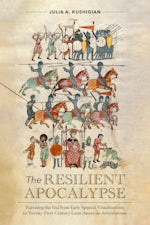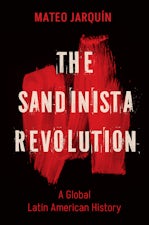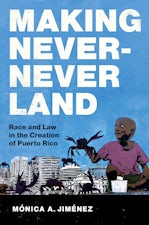Reading, Performing, and Imagining the Libro del Arcipreste
By E. Michael Gerli

284 pp., 6 x 9, 10 figs, notes, bibl., index
-
Paperback ISBN: 978-1-4696-3061-8
Published: November 2016
Buy this Book
This title is not eligible for UNC Press promotional pricing.
Distributed for the University of North Carolina at Chapel Hill Department of Romance Studies
About the Author
E. Michael Gerli is Commonwealth Professor of Hispanic Studies at the University of Virginia.
For more information about E. Michael Gerli, visit
the
Author
Page.
Reviews
“Fascinating. . . . This book is recommended to scholars and students of fourteenth-century literature . . . [and] Gerli’s own contribution to developing understanding of the Libro, its readership, and its author will surely serve generations of medievalists.”—Modern Language Review



